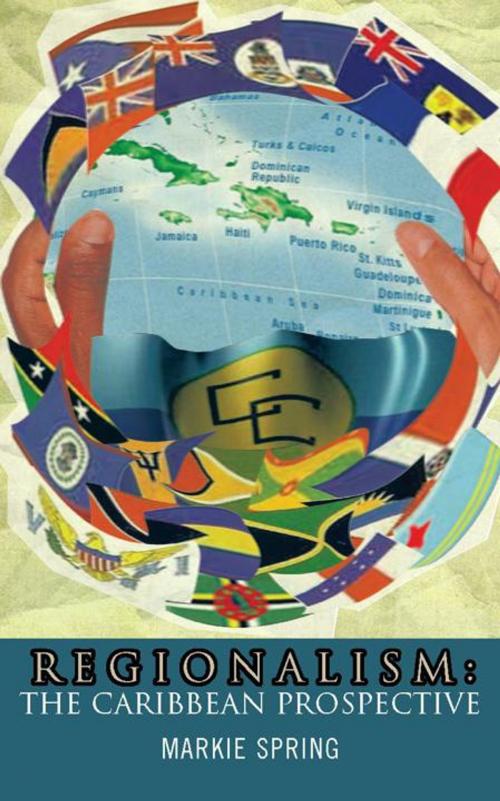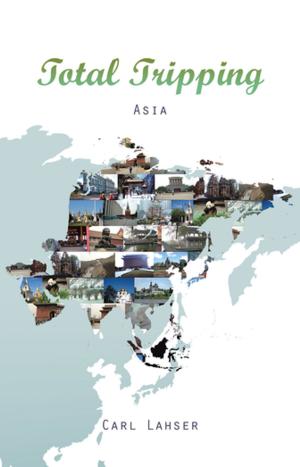Regionalism: the Caribbean Prospective
Nonfiction, Reference & Language, Reference, Guides & Handbooks, Religion & Spirituality, Philosophy, Social & Cultural Studies, Political Science| Author: | MARKIE SPRING | ISBN: | 9781426951107 |
| Publisher: | Trafford Publishing | Publication: | May 22, 2012 |
| Imprint: | Trafford Publishing | Language: | English |
| Author: | MARKIE SPRING |
| ISBN: | 9781426951107 |
| Publisher: | Trafford Publishing |
| Publication: | May 22, 2012 |
| Imprint: | Trafford Publishing |
| Language: | English |
In this book, the author debates the many environments exist within the Caribbean region. These environments include areas, such as politcs, economics, sports, security and safety and the likes. He is employing the leaders of the Caribbean to interate these areas in an effort to make the region as competitive as the rest of the world. Without integration it is likely that individual states will not prosper; therefore, regionalism is necessary. Hitherto, the economies of Caribbean states are not diverse enough to maintain sustainability for much longer if these countries remain as individual states. Combining every effort will reduce the chance of economic failure and enhance the region competitive position amongst the elites. This book also suggests how to implement regionalism and the many benefits to enjoy. Conversely, the author highlights some of the pitfalls of integration-a region comprising of varying cultures, ethnicities, languages, religion, demographics, levels of education, economic standards and competitiveness. Finally, this book takes a model from the EU, North America and other sub-regions around the world to illustrate how regionalism could be successful in the Caribbean.
In this book, the author debates the many environments exist within the Caribbean region. These environments include areas, such as politcs, economics, sports, security and safety and the likes. He is employing the leaders of the Caribbean to interate these areas in an effort to make the region as competitive as the rest of the world. Without integration it is likely that individual states will not prosper; therefore, regionalism is necessary. Hitherto, the economies of Caribbean states are not diverse enough to maintain sustainability for much longer if these countries remain as individual states. Combining every effort will reduce the chance of economic failure and enhance the region competitive position amongst the elites. This book also suggests how to implement regionalism and the many benefits to enjoy. Conversely, the author highlights some of the pitfalls of integration-a region comprising of varying cultures, ethnicities, languages, religion, demographics, levels of education, economic standards and competitiveness. Finally, this book takes a model from the EU, North America and other sub-regions around the world to illustrate how regionalism could be successful in the Caribbean.















